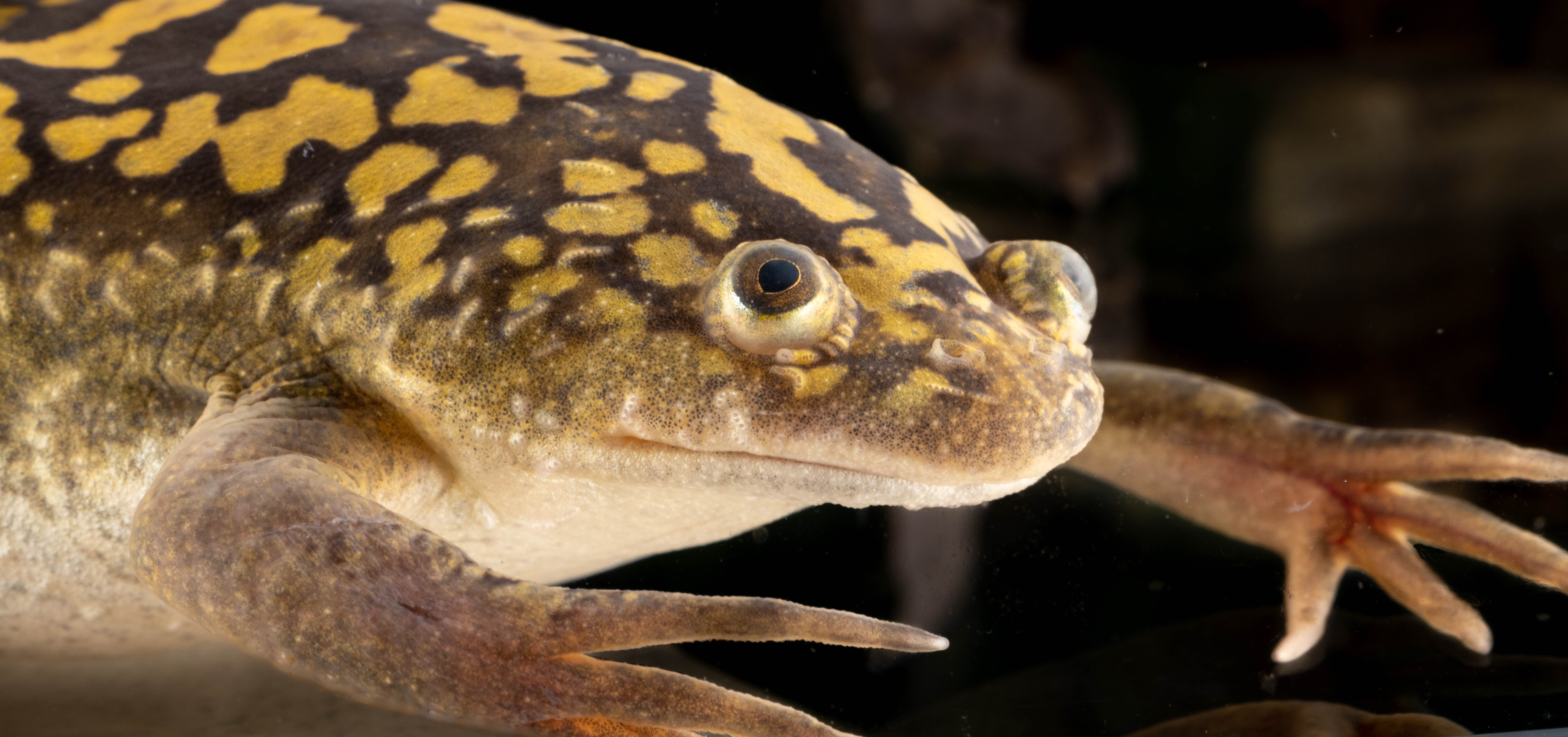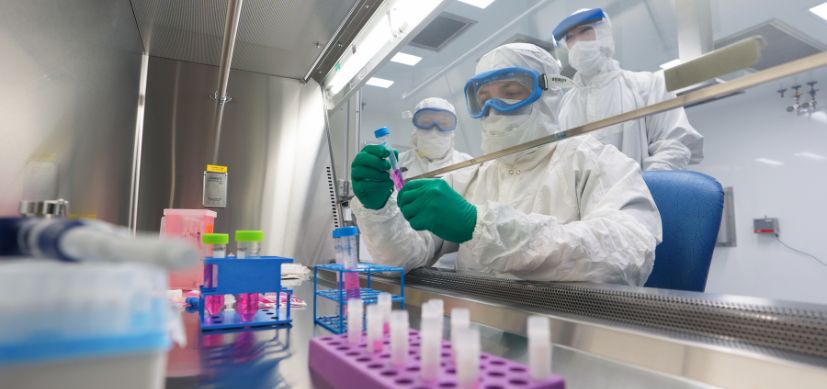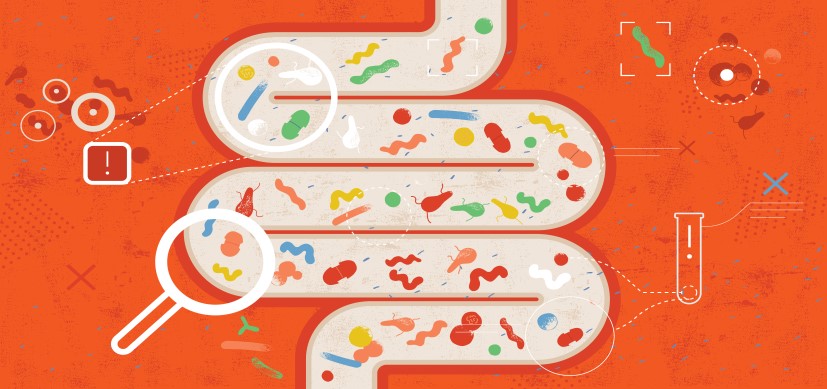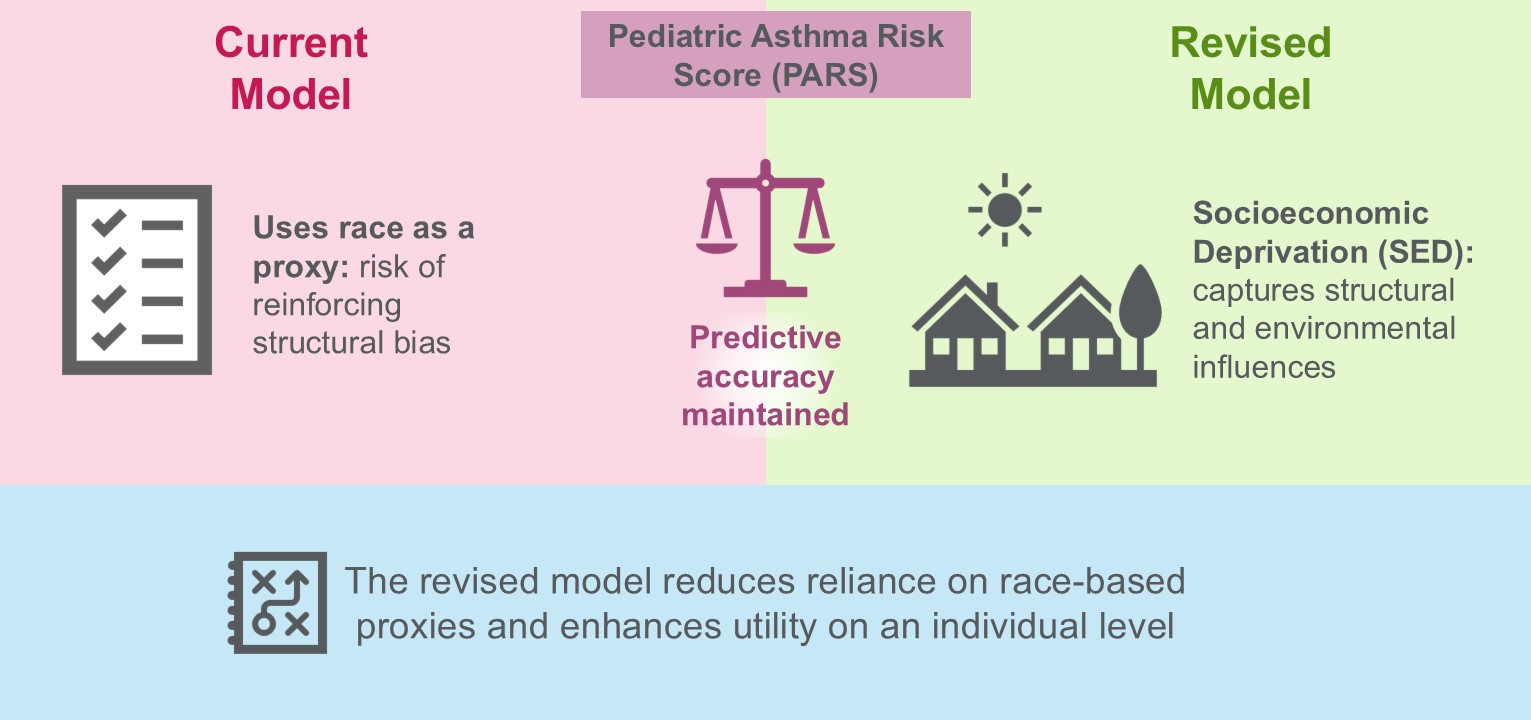Gene Discovery Reveals How Human Pregnancy Evolved Away from Marsupial Pouches
Research By: Xuzhe Zhang | Louis Muglia, MD, PhD
Post Date: October 22, 2019 | Publish Date: Oct. 21, 2019
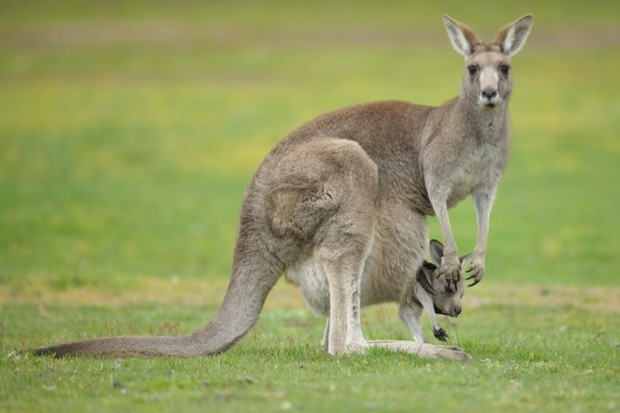
Study led by experts at Cincinnati Children’s May Someday Help Prevent Preterm Births
There are reasons why human mothers do not have pouches like kangaroos—and one of them appears to involve a gene called TRIML2.
When it comes to pregnancy, humans and many other mammals are eutherians, which means fetal development occurs entirely within an internal womb equipped with a long-lasting placenta. However, in marsupials such as kangaroos and koalas, placentas are short-lived and their young must spend weeks or months in their mother’s pouch.
Now a team of scientists at Cincinnati Children’s has discovered a gene in the human placenta that marsupials do not have. This gene, TRIML2, plays a vital “off-switch” role in the process of attaching the early-stage fetus, called a trophoblast, to tissues lining the uterus, according to their study published online Oct. 21, 2019, in the journal Molecular Biology and Evolution.
The study was led by first author Xuzhe Zhang, a graduate student in Molecular and Developmental Biology, and senior author Louis Muglia, MD, PhD, Director of the Center for Prevention of Preterm Birth at Cincinnati Children’s. Mihaela Pavlicev, PhD, also with the Center for Prevention of Preterm Birth, and Helen Jones, PhD, Head of Research for the Center for Fetal and Placental Research at Cincinnati Children’s were co-authors.
The team took a close look at how the early implantation process occurs. They noted that an inflammation reaction begins when the fetal placenta contacts the endometrium that lines the uterus for both marsupials and eutherians.
For marsupials, this inflammation continues until it forces the placenta and fetus to detach midway through pregnancy, thus requiring the young to find their way to their mother’s pouch to complete development. However, in humans, this inflammatory process shuts down soon after implantation occurs.
The team discovered that TRIML2 acts as an off-switch that stops the inflammation. This allows the human fetus to reside within the womb long enough to reach a far more complete level of development than marsupials. When this gene is not activated, the unchecked inflammation can trigger a severely premature, often non-survivable delivery.
On an academic level, this study sheds light on an ancient branch in the evolutionary tree. The study describes a gene duplication event that likely occurred millions of years ago that changed how pregnancies occur in most mammals, long before modern humans emerged.
The team also found that the change in placental evolution depended at least in part on the interplay between mammals and ancient retroviruses. TRIML2 may have evolved as a defense to protect pregnancies when mothers were routinely infected by viruses long ago.
While these findings help unravel another layer of the mystery of what makes humans human, the study also may have more practical applications.
“Modulating TRIML2 activity may be a novel, highly specific target to reduce inflammation that leads to preterm birth in pregnancy,” Muglia says. “But without this kind of basic research we could never have figured out what TRIML2 does functionally.”
| Original title: | Eutherian-specific gene TRIML2 attenuates inflammation in the evolution of placentation |
| Published in: | Molecular Biology and Evolution |
| Publish date: | Oct. 21, 2019 |
Research By






